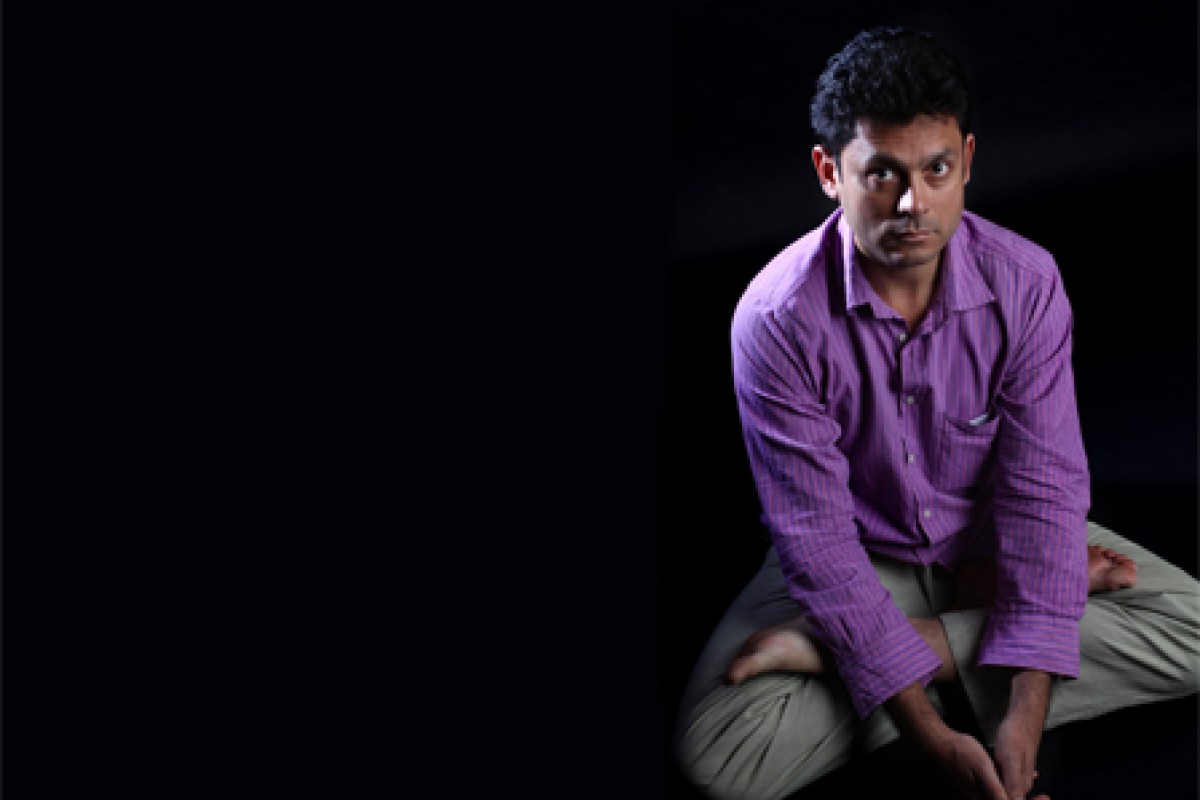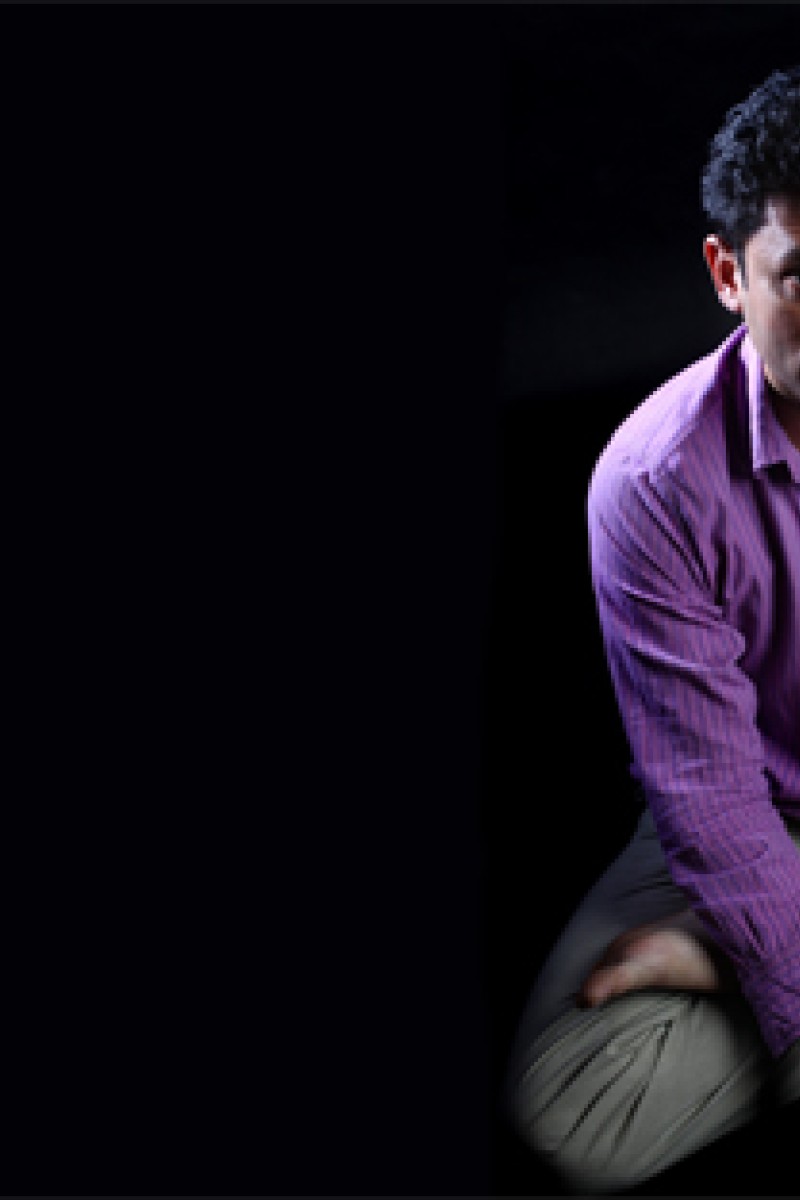 Simon Wheatley was struck by the contrast between London's grim and vibrant sights.
Simon Wheatley was struck by the contrast between London's grim and vibrant sights.Wheatley was born and raised in Singapore and was the 1996 winner of the Time Out London's Travel Photographer of the Year. In 1998, he was in London pursuing a career as a photographer. The contrast between the grim scenes and the vibrant city caught his eye.
"I remember walking around Lambeth Walk taking photos of the shopping area and two teenage boys threatened to attack me," says Wheatley, who is in his early 40s. "Then Sinista and his cousin Scorpion came to my rescue. I could see [they] commanded more respect on the streets."
Sinista, a DJ, Scorpion, and many other youngsters Wheatley met became the subjects of his photographic book, Don't Call Me Urban! The Time of Grime. Released in 2010, it features 130 photographs of London's inner city youths and their underground grime music scene.
The genre originated from British pirate radio stations in the early 2000s. Its controversial lyrics have been criticised by some British government officials as "appalling". But, says Wheatley, "some say grime is the most significant social reflection since punk; it represents the voice of urban youth today, of anger and frustration".
He calls today's young the grime generation. "If you tell them to do something, they say, 'that's long', meaning it takes too much time or effort," he says.
Wheatley thinks this attitude has to do with dysfunctional families and a lack of role models.
"Most of the kids I talked to are from single-parent families. Some 16-year-olds, who have never had any parental guidance, are having children themselves."
He also blames materialism.
"These 15-year-olds I followed around were talking about buying some trainers costing GBP270 (HK$3,300) because they have to have them. These kids are purely materialistic; they have no higher objectives [in life]. They worship these celebrities who don't contribute anything but just show off how much money they make."
Complex, who was featured in Wheatley's book, agrees it's all about money. "The younger [ones] no longer have respect for anyone; they rule themselves ... and they're more likely to be reckless with a gun or a knife," he was quoted as saying in the book.
That kind of attitude was on full display during the London riots last year. Wheatley believes the solution lies in fostering will-power and self-awareness among young people.
"We all have to force ourselves to do things we don't want to do [but are good for us]. We need to build our will-power. Your destiny is shaped by you," he says.
Wheatley is working on a documentary about marginalised youths living in the shadows of the new Olympic stadium in east London. "I want people to think about this problem in society. Perhaps one day, my work will become a social movement."
Wheatley was in Hong Kong for the WYNG Masters Award for Photography on poverty, which will run from May 31 to August 31. Visit www.Wyngmastersaward.hk for details. To learn about Wheatley's work, visit dontcallmeurban.com
